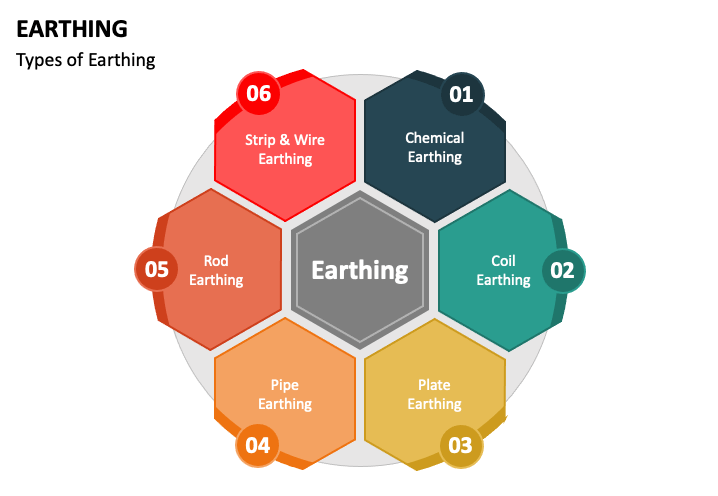
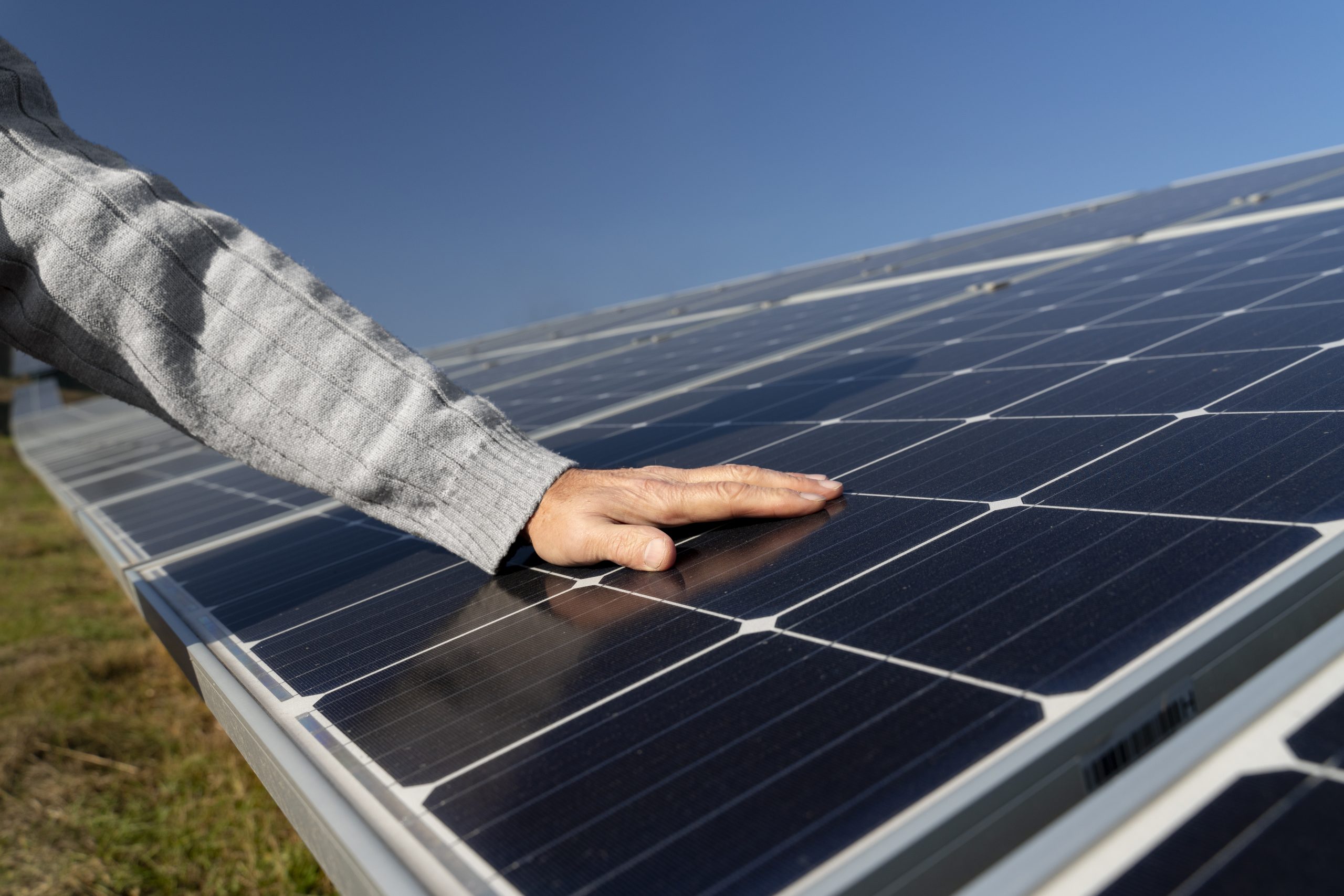


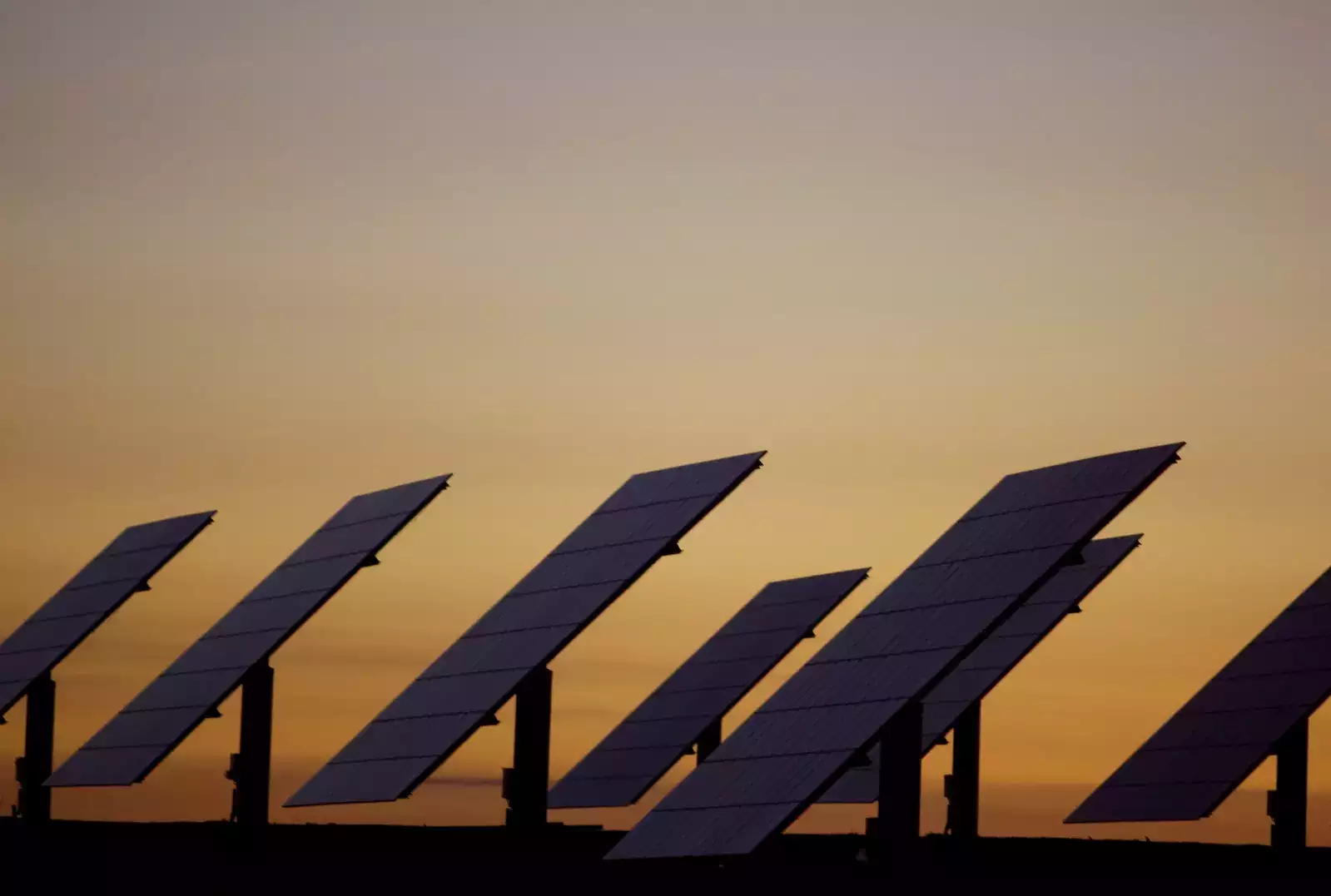
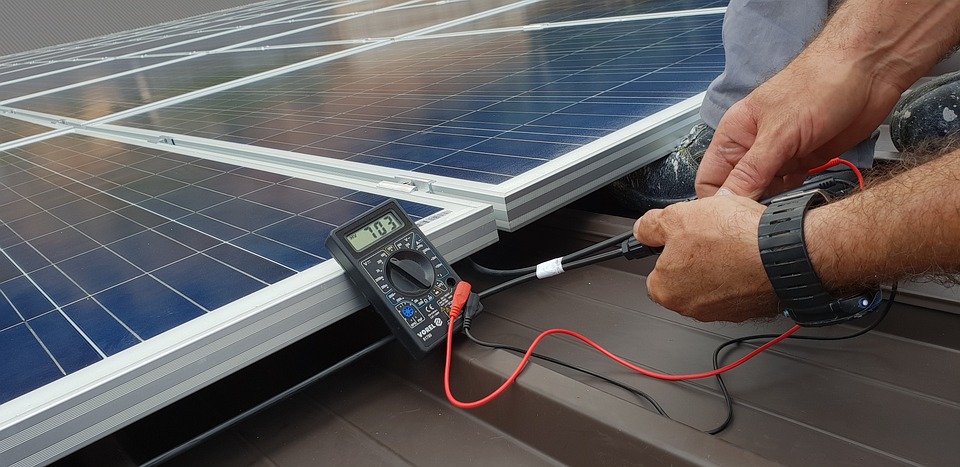
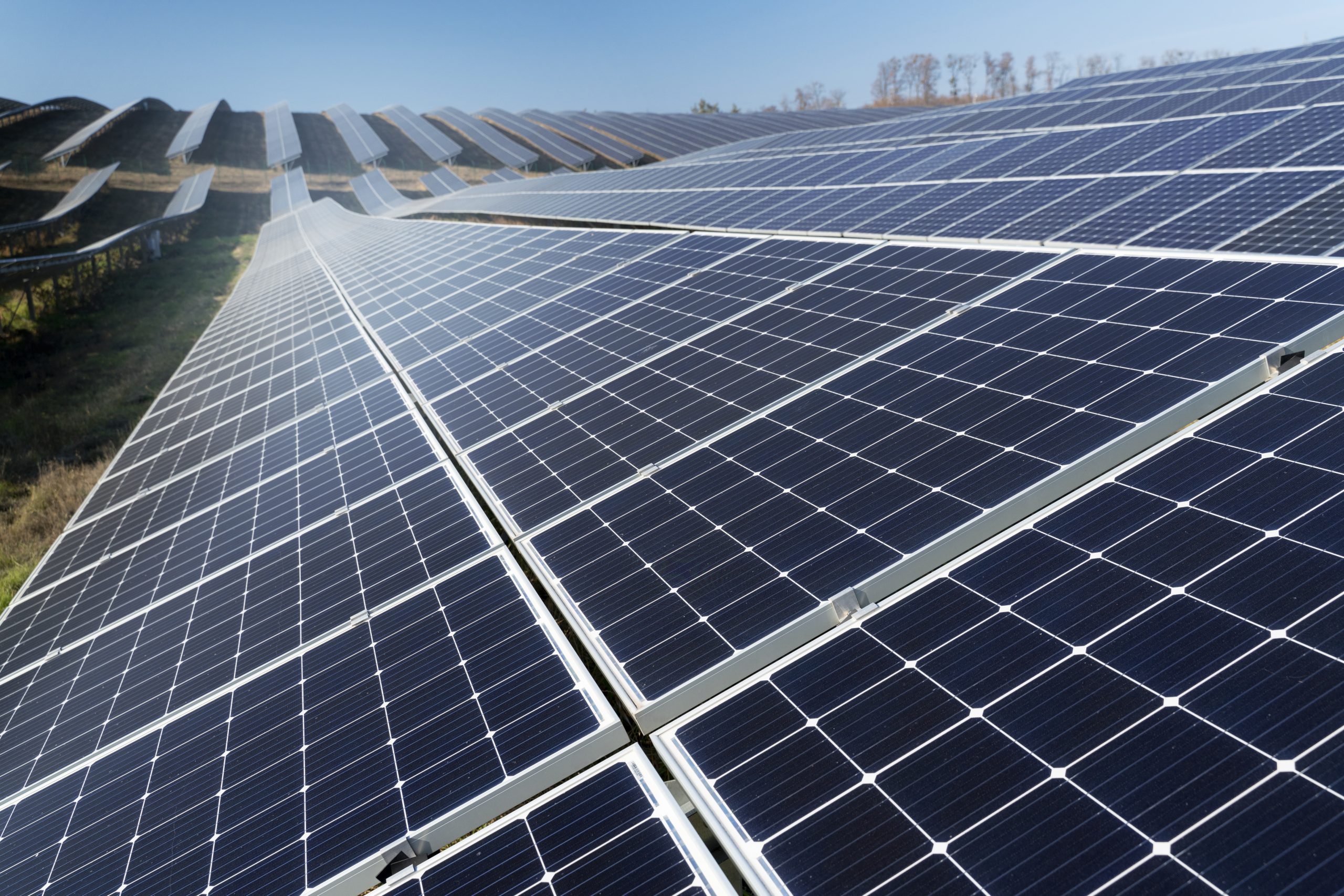
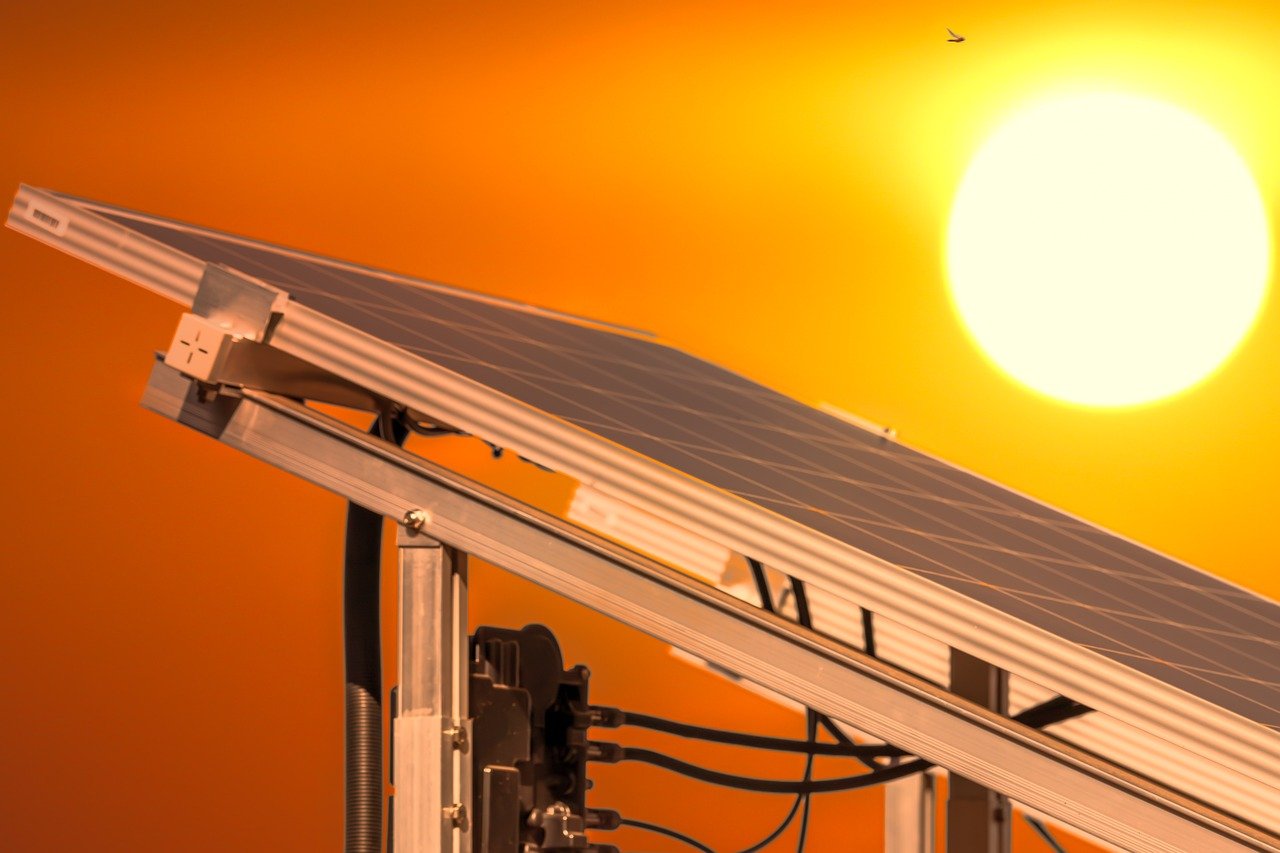
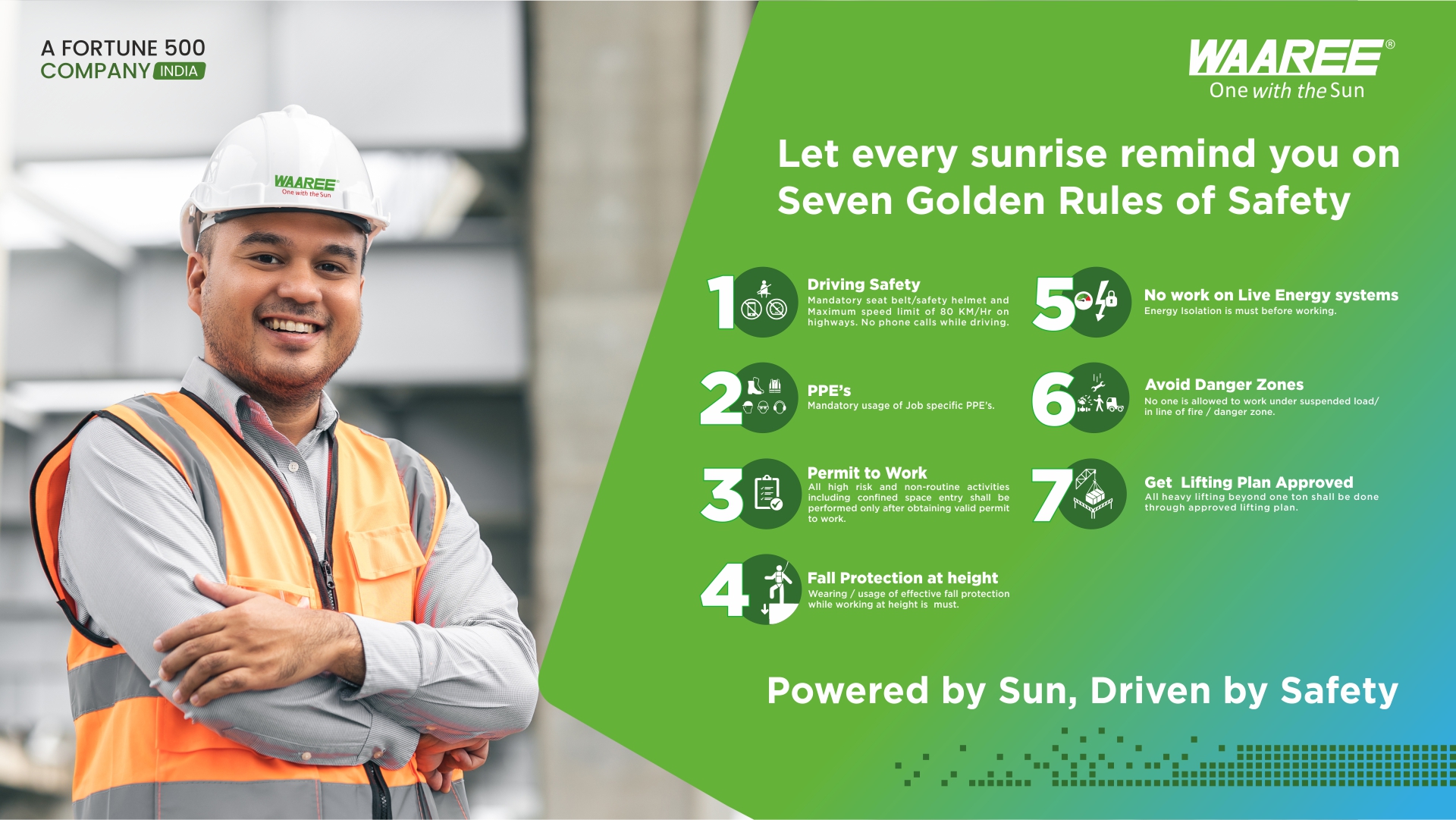
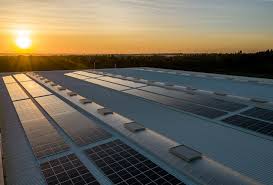
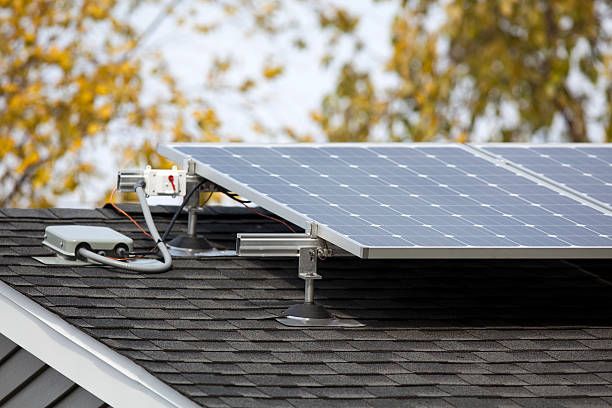
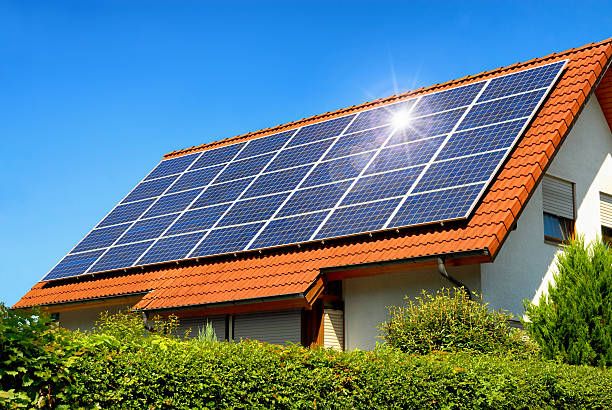
In the realm of solar power installations, electrical safety is of paramount importance. A well-designed and properly implemented earthing system plays a crucial role in protecting personnel, equipment, and the overall integrity of the solar plant. Earthing, also known as grounding, is the practice of intentionally connecting conductive parts of an electrical system to the earth’s conductive surface, providing a low-resistance path for fault currents to dissipate safely.
The primary objective of earthing in solar installations is to ensure that any unintended flow of current is safely directed to the ground, minimizing the risk of electric shocks, fire hazards, and equipment damage. There are several types of earthing systems employed in solar power plants, each serving a specific purpose and tailored to the unique requirements of the installation.
1. Equipment Earthing:
Equipment earthing, also referred to as system earthing, is the practice of connecting all non-current-carrying metallic parts of electrical equipment, such as panel enclosures, raceways, and junction boxes, to the earthing system. This type of earthing ensures that in the event of an insulation failure or fault, the exposed metal parts remain at or near earth potential, preventing the buildup of dangerous voltages that could pose a risk to personnel or equipment.
2. Lightning and Surge Protection Earthing:
Solar installations, particularly those in open fields or on rooftops, are susceptible to lightning strikes and electrical surges. Lightning and surge protection earthing provides a low-resistance path for these high-energy transients to dissipate safely into the earth, preventing damage to sensitive electronic components and minimizing the risk of fire or equipment failure.
3. Array Earthing:
Array earthing, specific to solar photovoltaic (PV) systems, involves connecting the metallic frames or mounting structures of the solar panels to the earthing system. This type of earthing ensures that, in the event of a fault or lightning strike, any stray currents are safely directed to the ground, mitigating the risk of electric shocks or fire hazards.
4. Transformer Earthing:
In solar power plants that utilize step-up or step-down transformers, proper earthing of the transformer tank and associated equipment is essential. Transformer earthing helps dissipate fault currents, mitigates the risk of voltage buildup on the tank, and ensures personnel safety during maintenance or repair operations.
5. Earthing Electrode Systems:
The earthing electrode system is the physical connection between the electrical system and the earth. Various types of earthing electrodes are used in solar installations, including:
– Driven rods or pipes driven vertically into the ground
– Buried electrode grids or meshes
– Concrete-encased electrodes
– Ring earth electrodes
The choice of earthing electrode system depends on factors such as soil resistivity, available space, and local regulations.
Proper earthing design and installation in solar power plants are crucial for ensuring electrical safety, equipment protection, and compliance with relevant standards and regulations. Factors such as soil resistivity, fault current levels, and lightning risk must be carefully considered when selecting and implementing an appropriate earthing system.
Regular inspection and maintenance of earthing systems are also essential to ensuring their continued effectiveness and integrity. Periodic testing of earth resistance, visual inspections for corrosion or damage, and verifying connections and bonding are all part of a comprehensive earthing maintenance program.
At Waaree, we understand the critical importance of electrical safety in solar installations. Our team of experienced engineers and technicians is well-versed in the latest earthing techniques and best practices, ensuring that our solar power solutions adhere to the highest standards of safety and reliability.
Waaree is a leading player in the Indian solar energy industry, offering a comprehensive range of solar photovoltaic (PV) modules, engineering, procurement, and construction (EPC) services, and other renewable energy solutions. With a strong commitment to quality, innovation, and sustainability, Waaree has established itself as a trusted name in the solar energy sector.
Our state-of-the-art manufacturing facilities and rigorous quality control processes ensure that our solar PV modules meet the highest standards of performance and durability. We employ cutting-edge technologies and leverage the expertise of our skilled workforce to deliver tailored solutions that meet the unique requirements of our clients.
At Waaree, we are dedicated to promoting the adoption of clean and renewable energy sources, contributing to a greener and more sustainable future. Our team of experts provides comprehensive support and guidance throughout the entire project lifecycle, from initial concept to commissioning and beyond.
Whether you are a homeowner, a commercial entity, or a large-scale utility, Waaree is your trusted partner in harnessing the power of the sun. With a deep understanding of the Indian market and a commitment to excellence, we strive to deliver innovative and cost-effective solar solutions that meet your energy needs while minimizing your environmental impact.
Join us in our mission to build a greener, more sustainable tomorrow.